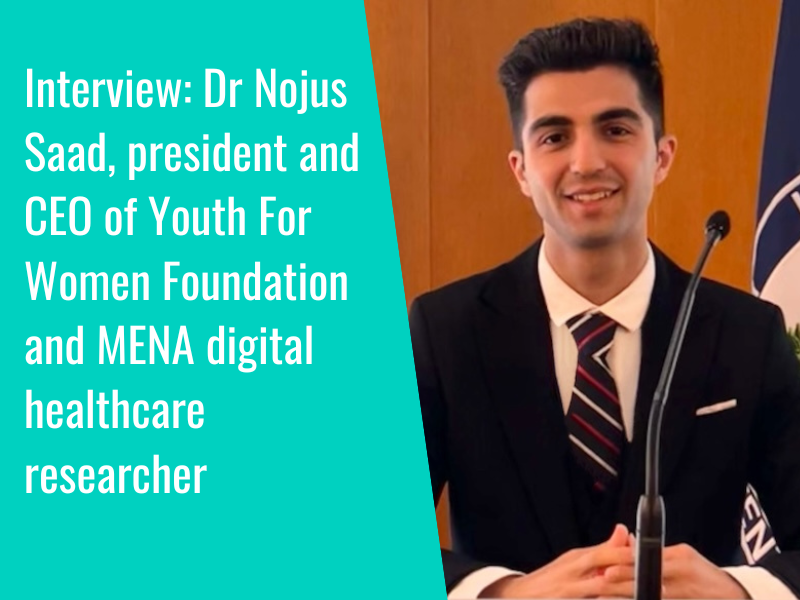A research team from Tsinghua University, Beijing, has trialled a minimally-invasive implanted brain-computer interface (BCI) on two patients with spinal cord injuries, with the ultimate aim of developing a new protocol for BCI-facilitated “active rehabilitation to accelerate neural growth at the site of damaged spinal cord segments”.
Following initial testing with pigs, the first human trial took place in October of 2023, at Beijing Xuanwu Hospital. This was followed by implantation in a second patient, in December of 2023, at Beijing Tiantan Hospital.
The NEO wireless BCI system features the implantation of an array of epi-dural electrodes in the skull, above the functional localised area, collecting local field potentials, which “makes neural tissues intact”. The chips placed in the skull “enable wireless power induction and signal transmission, which makes a no-battery implantation”.
One of the patients to receive the treatment had electrodes implanted over his primary sensory and motor cortex (S1 and M1) “to collect ECoG signals above the dura matter”, while attempting to grasp a bottle with a prosthetic hand. Researchers hope that the use of a machine learning algorithm will enable patients to complete activities including independent eating a drinking, and that future developments will bring about the restoration of multiple hand functions and movements.
The next phase of the study will focus on the development of a new protocol for BCI-facilitated active rehabilitation for the acceleration of neural growth in damaged spinal cords.
To learn more about the trial, please click here.
In other relevant news, we recently caught up with Sarah Jabbour, PhD candidate in Computer Science and Engineering at the University of Michigan, to talk about her research on the challenges and opportunities of machine learning, human-AI interaction, and models for diagnosis in healthcare.
- 1
- 2














